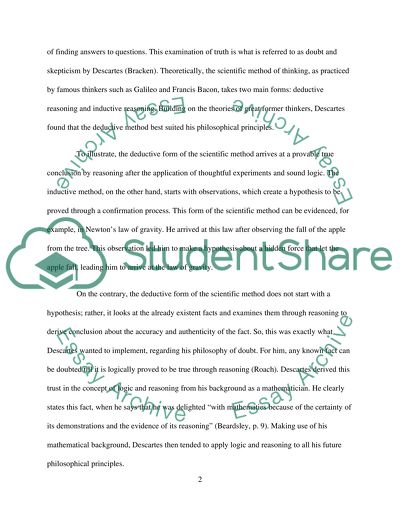Cite this document
(“Philosophy Essay Example | Topics and Well Written Essays - 1750 words”, n.d.)
Retrieved from https://studentshare.org/philosophy/1397739-philosophy
Retrieved from https://studentshare.org/philosophy/1397739-philosophy
(Philosophy Essay Example | Topics and Well Written Essays - 1750 Words)
https://studentshare.org/philosophy/1397739-philosophy.
https://studentshare.org/philosophy/1397739-philosophy.
“Philosophy Essay Example | Topics and Well Written Essays - 1750 Words”, n.d. https://studentshare.org/philosophy/1397739-philosophy.


